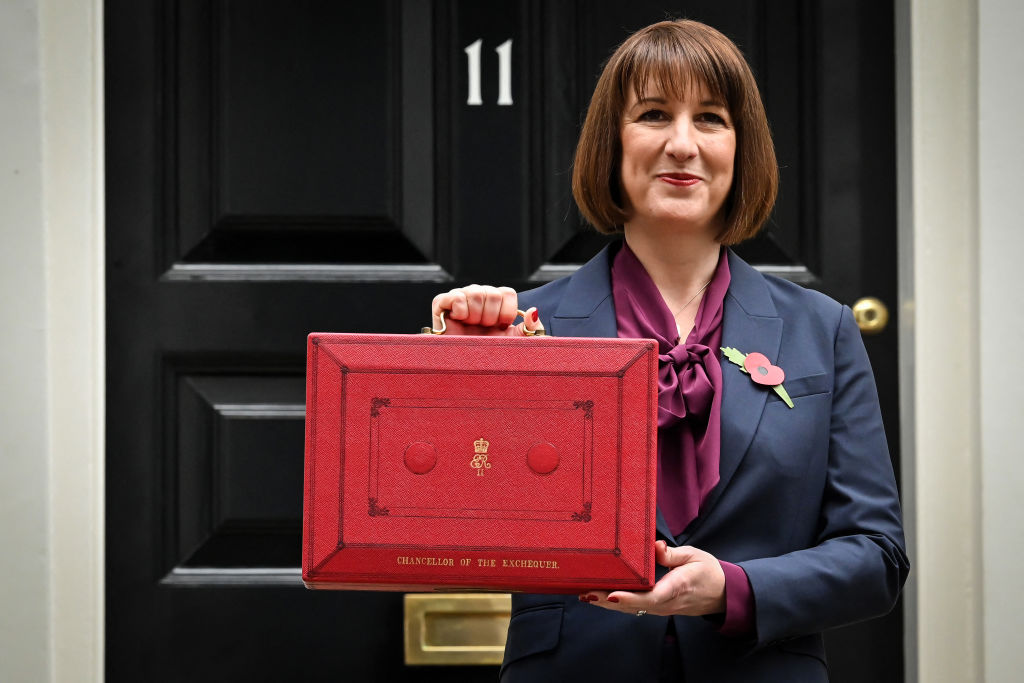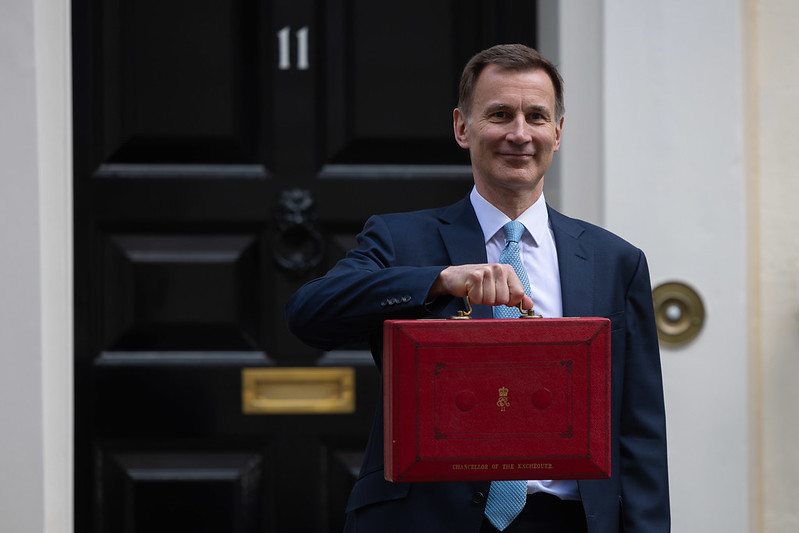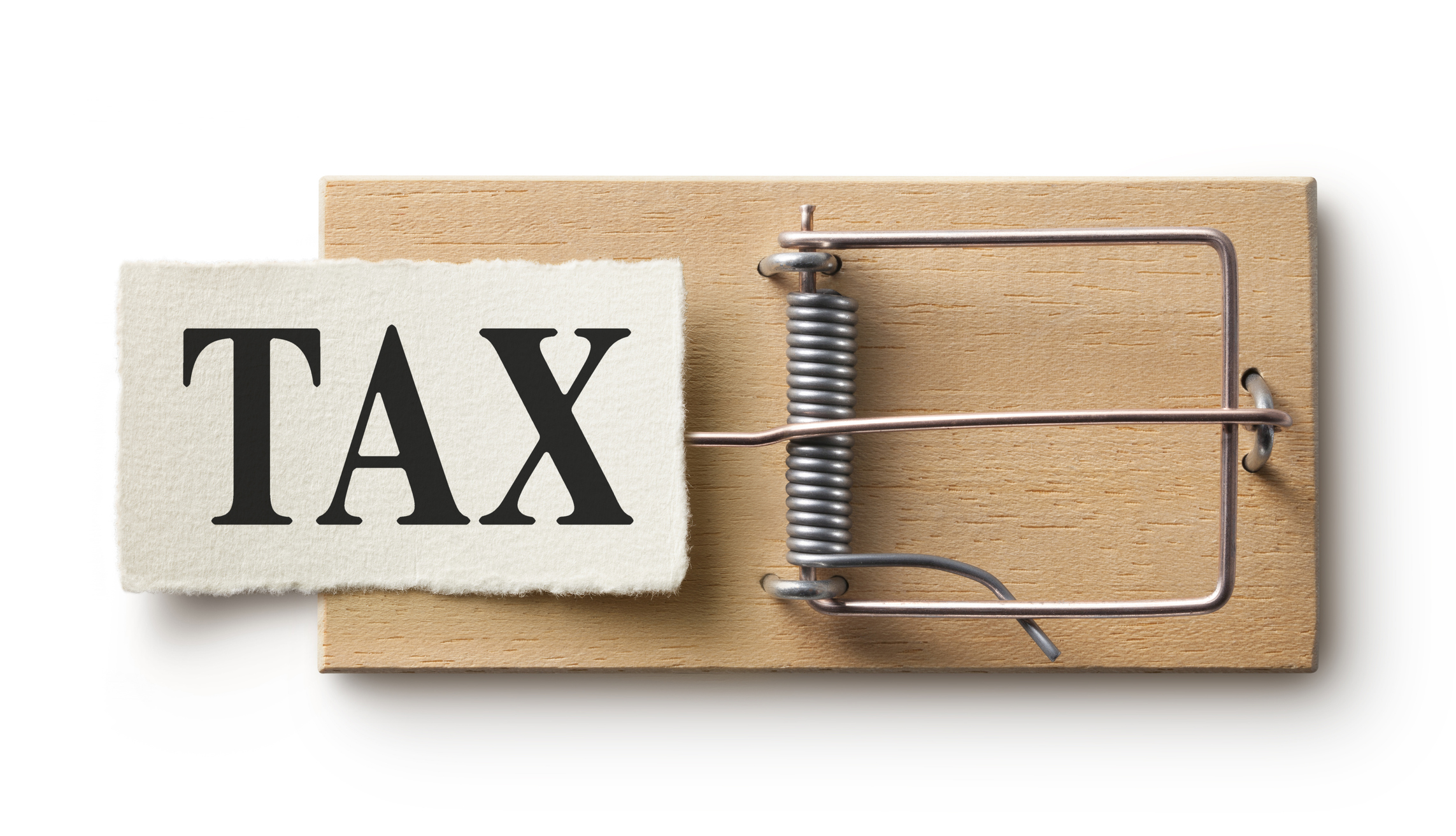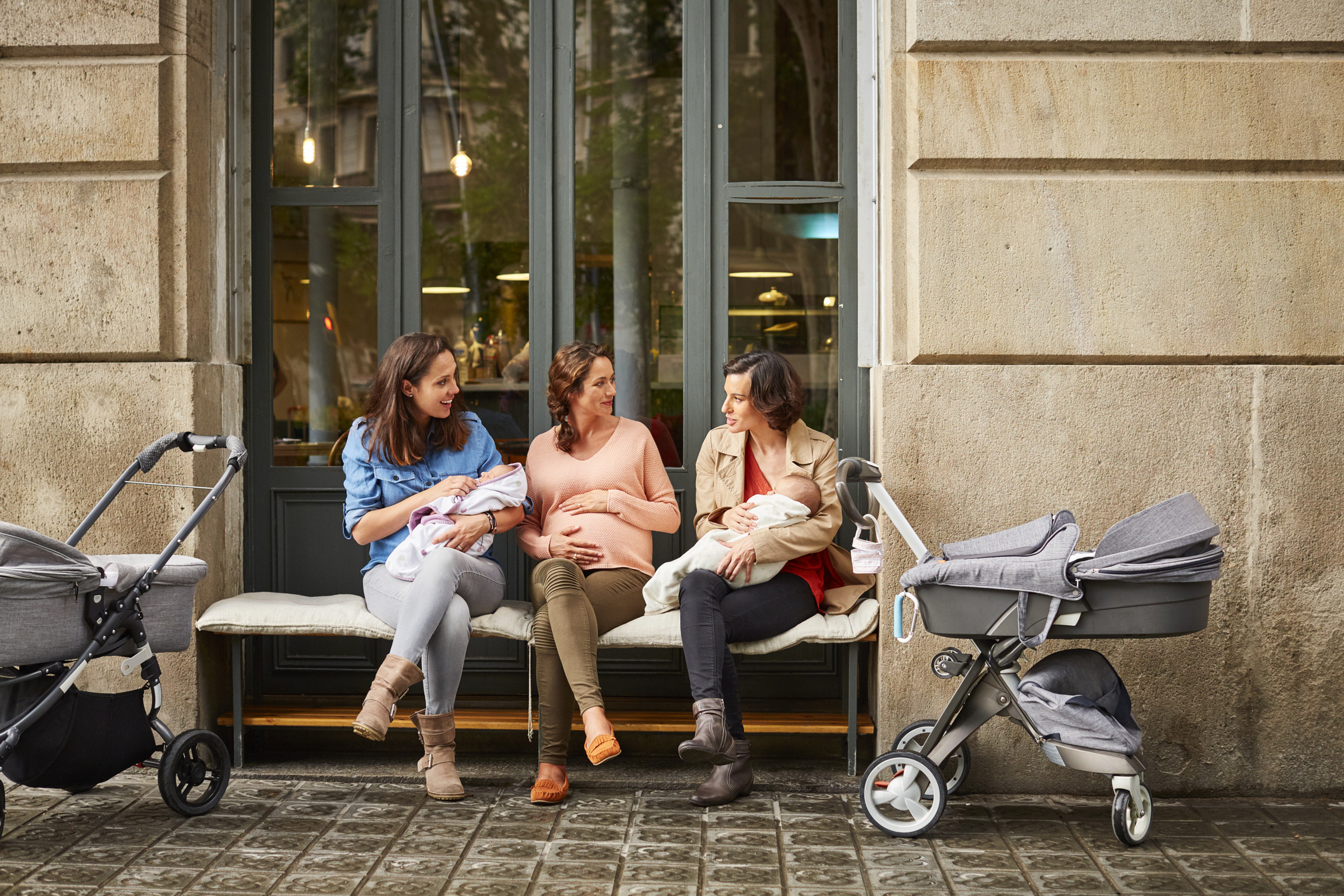Grandparents allowances: make sure you claim pension benefits for babysitting
Many people may be missing out on future state pension benefits because they’re unaware of grandparents allowances that reward them for caring for young children.


Get the latest financial news, insights and expert analysis from our award-winning MoneyWeek team, to help you understand what really matters when it comes to your finances.
You are now subscribed
Your newsletter sign-up was successful
Want to add more newsletters?

Twice daily
MoneyWeek
Get the latest financial news, insights and expert analysis from our award-winning MoneyWeek team, to help you understand what really matters when it comes to your finances.

Four times a week
Look After My Bills
Sign up to our free money-saving newsletter, filled with the latest news and expert advice to help you find the best tips and deals for managing your bills. Start saving today!
Grandparents who look after young children are failing to claim entitlements.
Tens of thousands of grandparents and other family members may be missing out on valuable future state pension benefits because they're not aware of a scheme designed to reward them for caring for young children.
Introduced in April 2011, Specified Adult Childcare National Insurance credits are aimed primarily at grandparents below state pension age who regularly look after grandchildren while those children's parents are at work, for example who are under the age of 12. The credit can also be claimed by other family members taking on such childcare duties.
MoneyWeek
Subscribe to MoneyWeek today and get your first six magazine issues absolutely FREE

Sign up to Money Morning
Don't miss the latest investment and personal finances news, market analysis, plus money-saving tips with our free twice-daily newsletter
Don't miss the latest investment and personal finances news, market analysis, plus money-saving tips with our free twice-daily newsletter
The benefit credits these carers with having made National Insurance contributions as if they were themselves working, so that they don't miss out on building up entitlement to state pension benefits. Once the carer reaches retirement, a year's worth of credits can deliver as much as £250 a year in extra state pension potentially worth thousands of pounds to those who live to average life expectancy and beyond.
As many as 100,000 people are entitled to claim the credit, according to government figures, but a freedom of information request submitted by insurer Royal London found that, in the year to September 2017, fewer than 9,500 applications were received. While that represents a significant advance on the previous year (when fewer than 1,300 carers applied), the fact remains that less than 10% of those eligible for the support are receiving the credits to which they are entitled.
How to claim
Claims for each tax year can be submitted from the October following its end so claims for the tax year ending on 5 April can be made from October later that year. However, it is also possible to claim retrospectively for years in which you were eligible but didn't make a claim. In theory, you can go all the way back to the 2011-2012 tax year when the credit was first introduced assuming that your caring duties go back that far. That could add around £1,000 to your basic state-pension entitlement, on top of the estimated £5,000 over a typical 20-year retirement that a single year's claim could net.
To claim the credit, use the CA9176 form, available online from HM Revenue & Customs. The same form can also be used to make a claim for credits from previous years. A separate scheme exists for parents caring for children under the age of 12, who are also entitled to claim National Insurance credits while they are out of the workplace see below for details.
Don't miss out on state-pension top ups
Parents who have opted out of receiving child benefit following changes to the scheme a few years ago could be losing out on valuable state pension benefits, MPs serving on the Treasury Select Committee have warned.
The problem affects families where at least one parent with a child under the age of 12 stays at home. This parent is then entitled to receive National Insurance credits so that they build up entitlement to the state pension in the same way as people at work.
However, these National Insurance credits are triggered as part of the child benefit system and unfortunately, not everyone is registered for that. This didn't use to be the case, but tax charges introduced in January 2013 now reduce or eliminate the value of child benefit paid to families with household incomes of more than £50,000. As a result, many families in this income bracket have not bothered to make a claim (partly because they then have to pay the child benefit back via a self-assessment return), which means that the non-working parent could effectively be giving up part of their state pension inadvertently.
The Treasury Select Committee is now calling for an investigation into how many families have been affected by the problem, which could cost families tens of thousands of pounds of lost income in retirement.
Get the latest financial news, insights and expert analysis from our award-winning MoneyWeek team, to help you understand what really matters when it comes to your finances.

David Prosser is a regular MoneyWeek columnist, writing on small business and entrepreneurship, as well as pensions and other forms of tax-efficient savings and investments. David has been a financial journalist for almost 30 years, specialising initially in personal finance, and then in broader business coverage. He has worked for national newspaper groups including The Financial Times, The Guardian and Observer, Express Newspapers and, most recently, The Independent, where he served for more than three years as business editor.
-
 ISA fund and trust picks for every type of investor – which could work for you?
ISA fund and trust picks for every type of investor – which could work for you?Whether you’re an ISA investor seeking reliable returns, looking to add a bit more risk to your portfolio or are new to investing, MoneyWeek asked the experts for funds and investment trusts you could consider in 2026
-
 The most popular fund sectors of 2025 as investor outflows continue
The most popular fund sectors of 2025 as investor outflows continueIt was another difficult year for fund inflows but there are signs that investors are returning to the financial markets
-
 The most and least expensive countries to be an expat in 2025
The most and least expensive countries to be an expat in 2025With some Brits fleeing the country to avoid seemingly ever-increasing taxes, we look at the most and least expensive countries to emigrate to.
-
 What has changed with employers’ National Insurance – and how will it impact you?
What has changed with employers’ National Insurance – and how will it impact you?Will you feel the effects of the National Insurance hike, as businesses warn of redundancies, smaller pay rises and higher inflation?
-
 Conservatives pledge to cut National Insurance again – how much could you save?
Conservatives pledge to cut National Insurance again – how much could you save?News A 2p reduction in National Insurance is a key feature of the Tory’s general election manifesto.
-
 Workers set for new national insurance tax cut – how much will you save?
Workers set for new national insurance tax cut – how much will you save?News National insurance tax rates have fallen but frozen allowances may limit the benefits.
-
 Budget 2024: National Insurance cut, a new British ISA, and reform of the child benefit charge - here’s what has been announced
Budget 2024: National Insurance cut, a new British ISA, and reform of the child benefit charge - here’s what has been announcedThe chancellor has announced a host of changes, including cutting National Insurance again, and abolishing some tax reliefs. Here’s how the Budget will affect your finances.
-
 Brace for a year of tax rises
Brace for a year of tax risesThe government is strapped for cash, so prepare for tax rises. But it’s unlikely to be able to squeeze much more out of us.
-
 Topping up state pension to become easier with new online tool
Topping up state pension to become easier with new online toolAnyone looking to buy extra National Insurance contributions and boost their state pension currently has to make multiple phone calls - but a new online tool is on its way.
-
 Gender pensions gap - are women paying a parenthood penalty?
Gender pensions gap - are women paying a parenthood penalty?Trade body warns women face serious obstacles to saving enough for retirement as the gender pensions gap continues. Is raising a family having a detrimental impact on our pension pot?